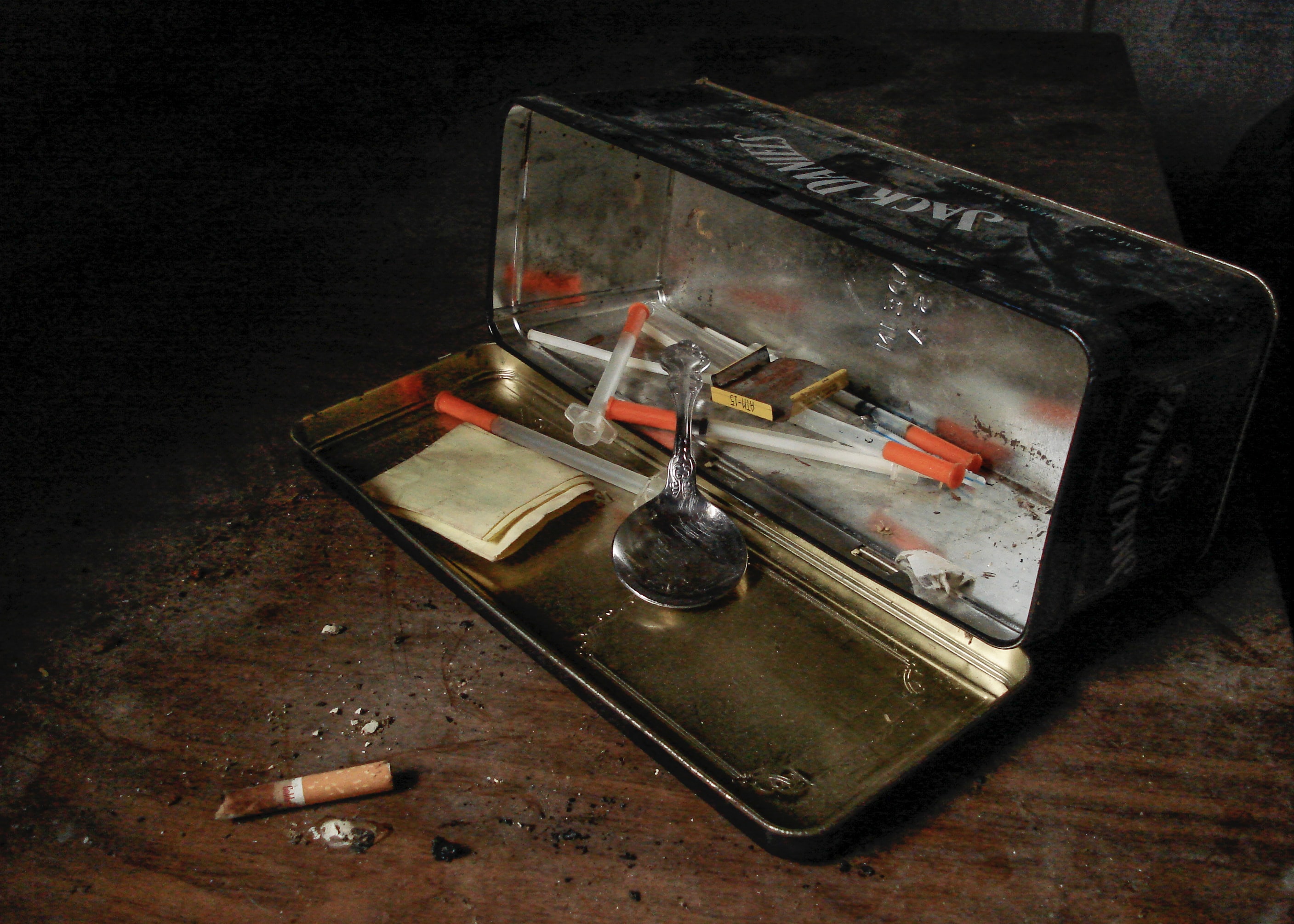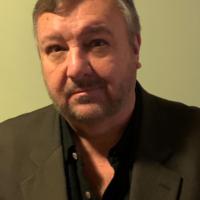Basil Bey – the leader of a major drug trafficking gang in South Philadelphia – was sentenced to 19 and a half years in prison, Acting U.S. Attorney Jennifer Arbittier Williams’ office announced recently. Bey was convicted in 2017, but legal appeals delayed his sentencing. Several of his criminal associates were also convicted and sentenced.
I reached out to the two veteran assistant U.S. attorneys who prosecuted this case, Jason Bologna and Kevin Jayne, to find out some details.
“I believe it was a significant prosecution. A total of 10 people were indicted for operating a drug business 24/7,” Bologna said.
“Basically, the drug business was organized around a phone. People would call the phone and agree to a price and time to meet the drug dealer, and they would purchase either heroin, laced with fentanyl, crack cocaine, or some combination of those. The scope of running this operation day in and day out was staggering. It was, to be blunt, a blight upon the South Philadelphia community.”
Jayne added: “I made the point at Mr. Bey’s sentencing that the number of contacts on the drug phone being used for this business were on the order of something close to 400,000.”
The large volume of calls, Jayne noted, was indicative of the level of business the operation was doing in South Philadelphia.
Bologna said a good number of confidential sources were used by the FBI to make more than 35 drug buys, which were videotaped.
“The videos were compelling evidence. There were literally times when the jury could see the defendants counting out the money in the driver’s seat of the car that they had received from the confidential source and handing over the package of drugs,” Bologna recalled.
“You could hear it with your own ears and see it with your own eyes.”
“This was an efficient and effective investigation between the FBI, the DEA and also the Philadelphia Police Department,” Jayne said.
“The controlled purchases from members of the conspiracy involved significant resources by law enforcement.”
Jayne said one of the significant pieces of evidence at trial was a wiretap that was placed on two cell phones that provided direct evidence of the defendants contacting customers and customers contacting them to arrange for the sale of drugs.
I asked the prosecutors who Bey is and how his drug group differed from other drug gangs.
“Mr. Bey was the leader of the group. There were certain powerful quotes that were extracted from the cell’s wiretap. One of which had him saying, ‘I have the best ‘jack’ in the city,” Bologna said.
“There was another call where he was referring to the ‘graveyard shift,’ which is the overnight shift that various drug dealers had to work. He was chastising one of his co-conspirators for falling asleep during the shift.
Mr. Bey was a person who was proud of the drug business that he had created.
– Jason Biondo
I asked the prosecutors who Bey is and how his drug group differed from other drug gangs.
“Mr. Bey was the leader of the group. There were certain powerful quotes that were extracted from the cell’s wiretap. One of which had him saying, ‘I have the best ‘jack’ in the city,” Bologna said.
“There was another call where he was referring to the ‘graveyard shift,’ which is the overnight shift that various drug dealers had to work. He was chastising one of his co-conspirators for falling asleep during the shift. Mr. Bey was a person who was proud of the drug business that he had created.”
Bologna added that there was an instance in which a confidential source was making a purchase from Bey. They discussed his drug gang and Bey said his associates would do what he told them to do.
“That comment refers to Bey being in charge,” Bologna said.
“It is the government’s contention that Mr. Bey led this organization, and it was a business that operated 24/7. He was very successful until the investigation got to a point where he was arrested, and the drug business was dismantled.”
Jayne said that Bey’s drug organization in South Philadelphia had all the markers one might find in a legitimate business, such as an established hierarchy. The organization had supervisors, employees and internal discipline.
“They needed to employ ‘tradecraft’ techniques to thwart law enforcement if law enforcement happened to be investigating them, such as doing their hand-to-hand purchases inside the vehicle and switching up their corners,” Jayne said.
“They also kept a ‘stash’ house, so they didn’t keep a large amount of drugs on them in case they encountered a rival drug dealer or law enforcement. And Mr. Bey, we allege, was very ruthless and very effective at running this organization. I think that is a little different than your run-of-the-mill loosely affiliated small-time drug dealers.”
Jayne added that the lack of violence from the group was part of Bey’s business plan, as violence brings unwanted attention.
“I’m really proud of what we did in this case because there are some very dangerous drugs being distributed in South Philadelphia, and through the hard work of law enforcement, we were able to make a difference.”
Paul Davis’ Crime Beat column appears here each week. He can be reached via pauldavisoncrime.com.





